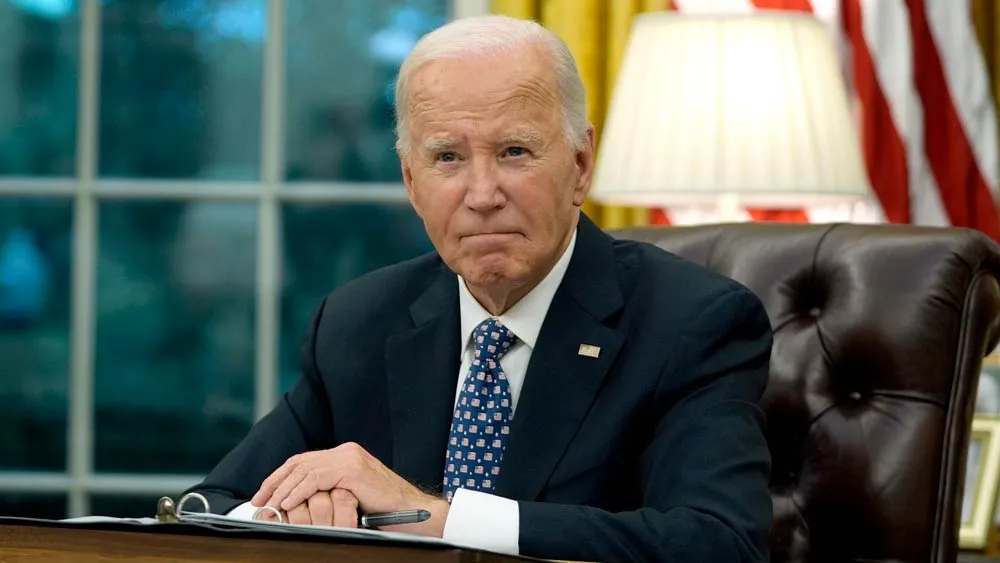June 17, 2013
GOP Senator Says Immigration Bill Could Decide 2016 Election
Bobby McGuire READ TIME: 3 MIN.
WASHINGTON - Republicans' hopes to reclaim the White House in the 2016 elections hinge on whether they support - or sabotage - the immigration overhaul being debated in the Senate, two lawmakers who helped write the proposal warn.
Sen. Lindsey Graham, R-S.C., on Sunday told conservatives who are trying to block the measure that they will doom the party and all but guarantee a Democrat will remain in the White House after 2016's election. Sen. Robert Menendez, D-N.J., went a step further and predicted "there'll never be a road to the White House for the Republican Party" if immigration overhaul fails to pass.
The Senate is moving forward with an overhaul and appears to be on track to have a vote from the full Senate by July 4. A timeline for a House proposal is less certain, although leaders say they are working on plans that more closely follow conservatives' wish list.
The Senate last week overcame a procedural hurdle in moving forward on the first immigration overhaul in a generation. Lawmakers from both parties voted to begin formal debate on a proposal that would give an estimated 11 million immigrants in the U.S. illegally a long and difficult path to citizenship.
The Senate legislation also creates a low-skilled guest-worker program, expands the number of visas available for high-tech workers and de-emphasizes family ties in the system for legal immigration that has been in place for decades. It also sets border security goals that the government must meet before immigrants living in the U.S. illegally are granted any change in status.
Meanwhile, one of the proposal's authors, who is considering a White House campaign, refused again to pledge support for the measure without changes conservatives have demanded.
"I think 95, 96 percent of the bill is in perfect shape and ready to go. But there are elements that need to be improved," said Sen. Marco Rubio, R-Fla.
Republicans are demanding tougher border security measures and stricter standards for who qualifies for government programs such as Social Security and health care.
Rubio is trying to balance concerns from his party's conservative flank, which has great sway in picking a nominee, with the political attempt to win over Hispanic and Asian-American voters who overwhelmingly favored President Barack Obama's re-election in 2012. Further complicating Rubio's presidential aspirations, the Republican-led House hews toward tea partyers.
"After eight years of President Obama's economic policies, and, quite frankly, foreign policy, people are going to be looking around," Graham said. "But if we don't pass immigration reform, if we don't get it off the table in a reasonable, practical way, it doesn't matter who you run in 2016. We're in a demographic death spiral as a party and the only way we can get back in good graces with the Hispanic community, in my view, is pass comprehensive immigration reform. If you don't do that, it really doesn't matter who we run."
In 2012, Obama won re-election with the backing of 71 percent of Hispanic voters and 73 percent of Asian voters. A thwarted immigration overhaul could again send those voting blocs to Democrats' side. That has led some Republican lawmakers to support immigration reform, but the party's conservative base still opposes any legislation that would create a pathway to citizenship for immigrants living here illegally.
Democrats are well aware of the numbers.
"I would tell my Republican colleagues, both in the House and the Senate, that the road to the White House comes through a road with a pathway to legalization," Menendez said. "Without it, there'll never be a road to the White House for the Republican Party."
Graham spoke on NBC's "Meet the Press." Menendez was interviewed on CNN's "State of the Union." Rubio was on ABC's "This Week."


